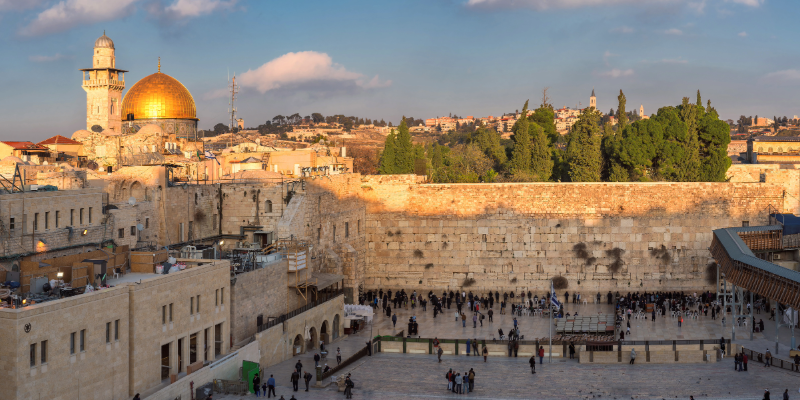Tisha B’Av: What to Eat After Fasting for 25 Hours

Tisha B’Av, the ninth day of the Hebrew month of Av, is one of the most solemn fast days on the Jewish calendar. Commemorating the destruction of both the First and Second Temples in Jerusalem—as well as numerous other tragedies throughout Jewish history—Tisha B’Av is marked by mourning, reflection, and a 25-hour fast.
The Origins of Tisha B’Av
The significance of Tisha B’Av dates back over two millennia. According to Jewish tradition, five major catastrophes occurred on this date:
- The generation of Jewish people that left Egypt received the that they would not enter the Land of Israel.
- The First Temple was destroyed by the Babylonian in 586 BCE.
- The Second Temple was destroyed by the Romans in 70 CE.
- The fall of the Bar Kokhba revolt and the destruction of Betar in 135 CE.
- The plowing over of the Temple Mount by Roman authorities in the aftermath.
Throughout the centuries, other historical tragedies have also coincided with Tisha B’Av, including the expulsion of Jews from Spain in 1492, the outbreak of World War I, and the formal approval of The Final Solution.
Traditions and Observances
Tisha B’Av is observed with a full 25-hour fast, beginning at sundown on the eve of the 9th of Av and concluding at nightfall the following day. The customs of mourning observed on this day are among the most intense in Judaism and include:
- Avoiding bathing, wearing leather shoes, and applying lotions or perfumes
- Sitting on low stools or the floor (until midday)
- Refraining from Torah study (except for texts related to mourning)
- Reading Eicha, the Book of Lamentations
Many communities gather in synagogues for communal prayers and elegies that mourn the many tragedies of Jewish history called Kinot.
What to Eat After Fasting: Best Practices for Breaking a Fast
After a 25-hour fast like Tisha B’Av, it’s important to gently reintroduce food to the body. Choosing the best foods to break a fast can help minimize digestive discomfort and fatigue. Here’s what you need to know.
Best Foods to Break a Fast
- Hydrating Fluids – Start with water or an herbal tea to rehydrate. Coconut water is also a good option for replenishing electrolytes.
- Fresh Fruits – Water-rich fruits like watermelon, melon, or grapes are gentle on the stomach and help rehydrate naturally.
- Soups – Warm, clear broths—especially vegetable-based—are comforting and easy to digest. Add rice or soft-cooked vegetables for extra nourishment.
- Simple Carbohydrates – Toast, crackers, or plain pasta can help ease hunger without overloading the stomach.
- Cooked Vegetables – Soft, steamed vegetables like carrots, zucchini, and potatoes are filling yet easy on digestion.
- Small Portions of Protein – Eggs or yogurt are good starting proteins. Avoid heavy meats until digestion has resumed comfortably.
Foods to Avoid When Breaking a Fast
- Spicy or Fried Foods – These can irritate the digestive system and cause cramping or acid reflux.
- Dairy – Some people find dairy hard to digest after a fast. If you do eat it, stick with yogurt or soft cheese.
- Heavy Meats – Steak or grilled meats can be too dense and hard to digest right away. Wait a few hours before eating these.
- Sugary Foods and Sweets – While tempting, candy and desserts can cause a blood sugar spike followed by a crash. Start with natural sugars like fruit instead.
- Caffeinated Beverages – Coffee and soda can dehydrate you further and upset your stomach. Ease into caffeine slowly if you need it.
Tisha B’Av invites us to remember, mourn, and ultimately reflect on our shared resilience. As the fast ends and we move from sorrow to renewal, taking care of our bodies with nourishing, easily digestible foods is just one way to ease that transition.
© 2025 by Kosher Eats. Website design and development by 1744 Marketing.
Accessibility | Terms & Conditions | Privacy Policy


.png)

